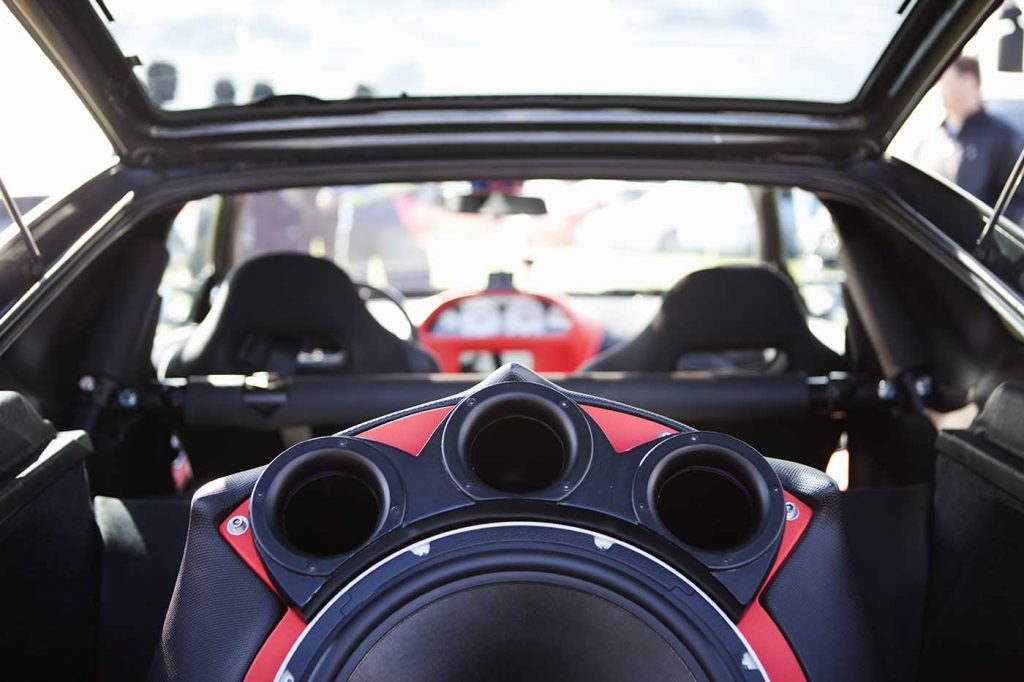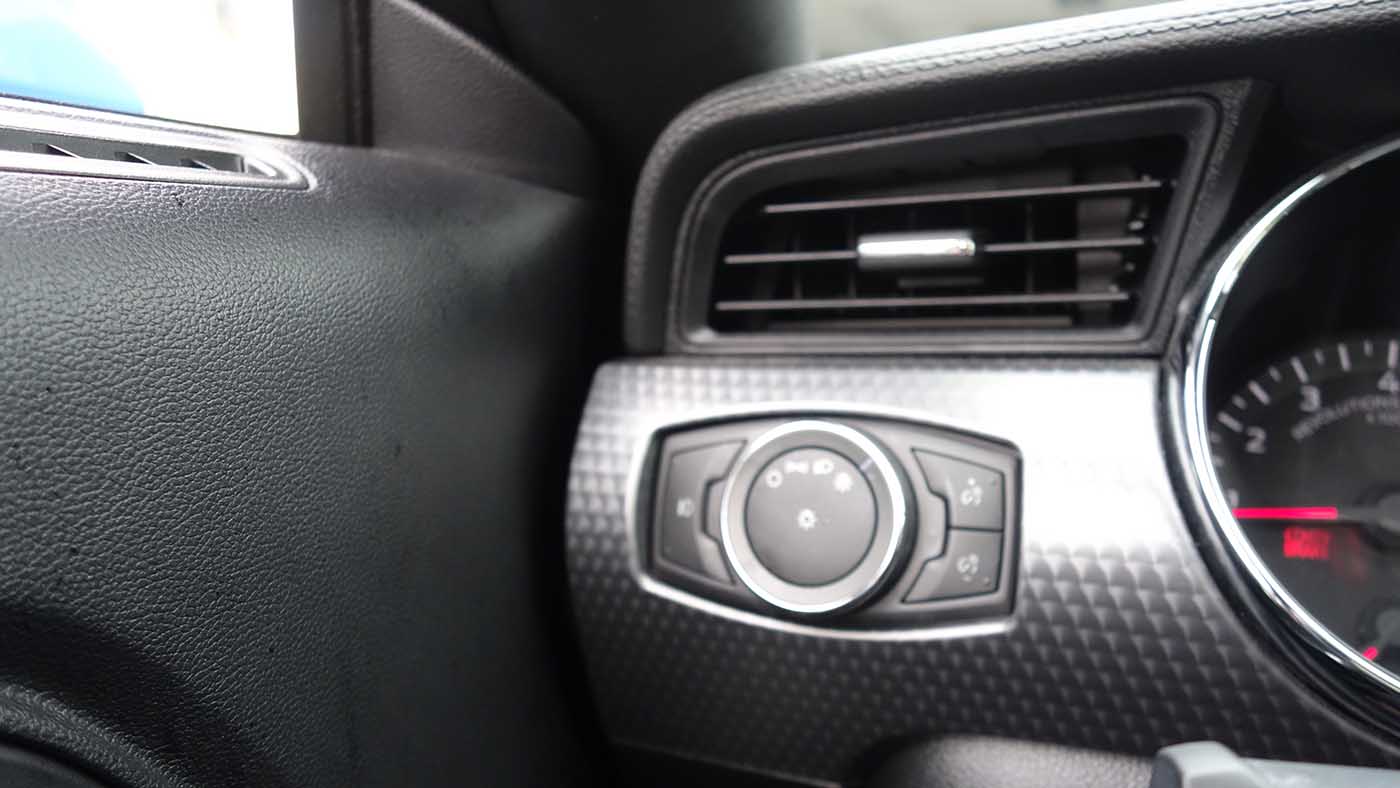Car audio systems are a highly in demand item amongst both causal car owners, enthusiasts and those simply wanting the best experience their money can buy. Audio quality is a strange thing; there is a proper rating system for speakers and their capabilities, but everyone will hear things slightly differently. This is especially true in cars where there are a lot of different background noise factors that will contaminate the sound being played inside the vehicle, no matter how good the system is. This will also vary between vehicles depending on their soundproofing, suspension, where they are being driven and a lot of other factors.

Quality installation is vital
If you are considering upgrading the speakers in your car, you should always consult the leading car audio specialists in your area for advice and a quote before doing anything yourself as installing speakers and audio systems is a very tricky job to get right. If the installation is sloppy, the speakers are poorly secured, there is too much or too little room in the holes they are mounted in, even if the wrong gage of wire is used then you will not get the quality performance you would expect from your new speakers.
Improve the soundproofing
As mentioned above, your car speakers will have to contend with a lot of external noise and this will mean that their performance will be stunted to your ears. You can improve this by having some extra noise dampening materials added to key places in your vehicle, thus blocking out more of the external noise. Simply using sound absorbing mats on your floors, or sound deadening materials in the backs of the seats and the roof can make a huge difference to the sound quality you are receiving from your speakers.
Size isn’t everything
Don’t be fooled by the common misconception that bigger always means better when it comes to speakers. In regards to audio systems, understanding their capabilities and power output is far more important than the sheer size of the speakers you use. Consider the size of your car and the internal space that the speakers are required to fill, you do not need huge speakers cranking out a massive amount of decibels to effectively fill this space with quality sound. Speakers should be appropriate for the amount of power the audio system they are connected to can output as well as for the type of audio you intend to play. For example, there is no point in installing a 7.1 surround sound system when most tracks are only encoded in 2.1 or 5.1 surround sound, although adding a bass can be a very good idea.
Make sensible choices when considering your sound system and any upgrades you choose to make to your car and you should be rewarded with a fantastic audio experience, making sitting in traffic just a little bit more bearable.





























